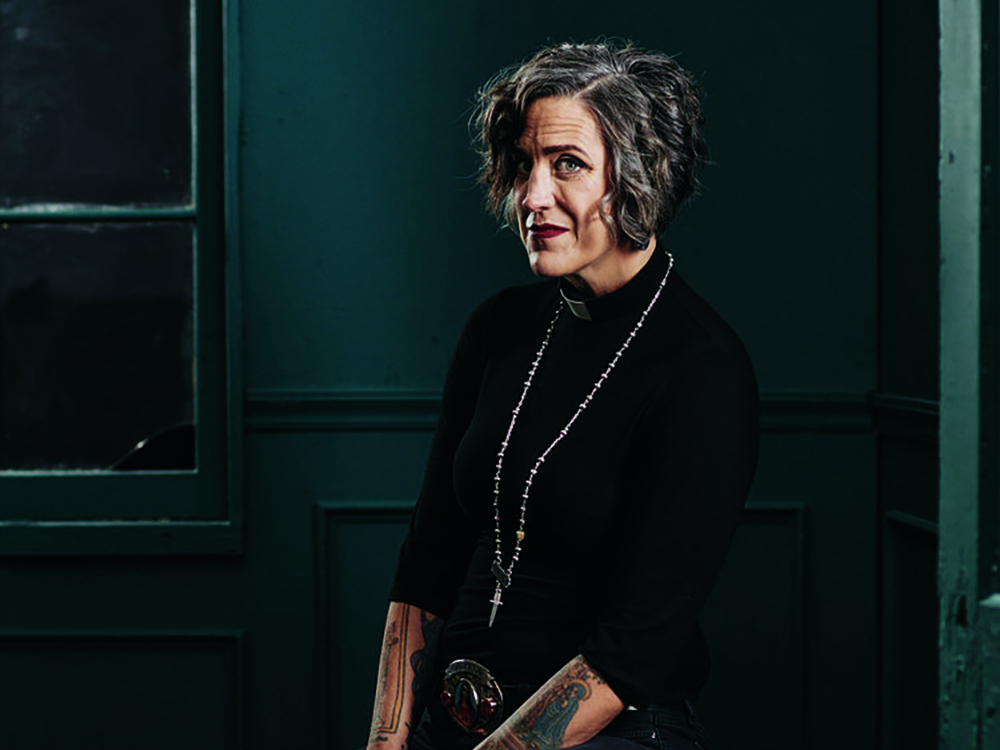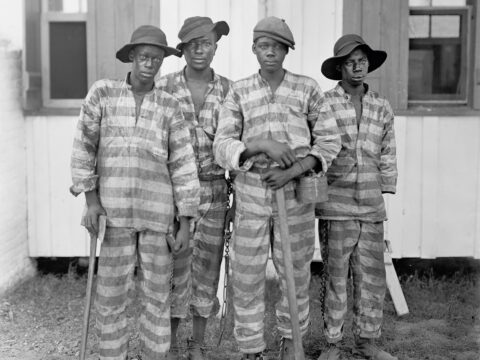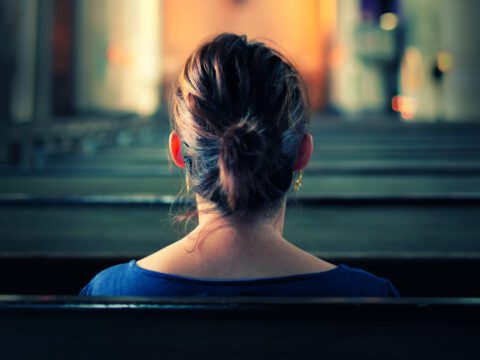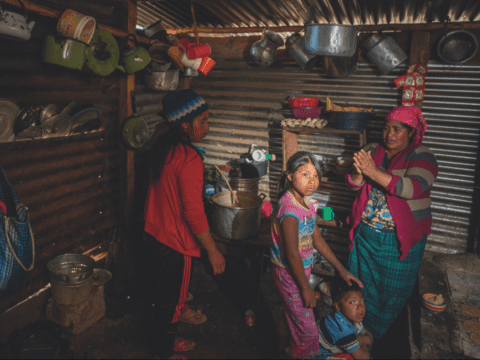Never has the confession box been made so public. Last spring, Lutheran pastor and bestselling author Nadia Bolz-Weber launched The Confessional, a podcast that revamps the age-old idea of the confession. By kicking the series off with a queer-friendly topic — a discussion with a former Westboro Baptist Church member who left hate speech behind — Bolz-Weber sets the tone for the show’s progressive perspective.
 Opening with a short reflection, she speaks with one guest per episode, her style leaning more toward pastoral conversation than interview. The guests reveal big transgressions, including extreme homophobia and even murder. By making space for shame and vulnerability, the series underscores how people who have done deplorable things can change: human transformation is indeed possible. That’s hopeful. Perhaps, as Bolz-Weber suggests in the podcast’s trailer, The Confessional is a place “where other people’s stories can be a roadmap to freedom from our own shame.”
Opening with a short reflection, she speaks with one guest per episode, her style leaning more toward pastoral conversation than interview. The guests reveal big transgressions, including extreme homophobia and even murder. By making space for shame and vulnerability, the series underscores how people who have done deplorable things can change: human transformation is indeed possible. That’s hopeful. Perhaps, as Bolz-Weber suggests in the podcast’s trailer, The Confessional is a place “where other people’s stories can be a roadmap to freedom from our own shame.”
You may unsubscribe from any of our newsletters at any time.
More on Broadview: 8 religion podcasts to check out right now
The podcast grew out of Bolz-Weber’s long fascination with grace for those who have done wrong. Her own confessions pepper Pastrix, her breakout book, and it’s clear all are welcome at the church she founded (but no longer serves) in Denver: it’s called the House for All Sinners and Saints.
While it’s important to Bolz-Weber that The Confessional “not be a particularly religious podcast,” to the secular listener, the show will be received as a Christian undertaking. Sure, she’s down to earth and sprinkles in some spicy swears, but biblical stories appear within the first few episodes.
Though shows are bite-sized at 20 minutes each, the podcast manages delightful nuance. In a world where those on pedestals can fall quickly, it’s refreshingly complex to hear Bolz-Weber ask how we can have compassion for people who cause harm. Wisely, she offers no explicit forgiveness or absolution for her guests after their big reveal; she instead blesses them in a concluding piece that feels part sermon, part prayer.
This review first appeared in Broadview’s September 2020 issue with the title “The big reveal.”
I hope you found this Broadview article engaging. The magazine and its forerunners have been publishing continuously since 1829. We face a crisis today like no other in our 191-year history and we need your help. Would you consider a one-time gift to see us through this emergency?
We’re working hard to keep producing the print and digital versions of Broadview. We’ve adjusted our editorial plans to focus on coverage of the social, ethical and spiritual elements of the pandemic. But we can only deliver Broadview’s award-winning journalism if we can pay our bills. A single tax-receiptable gift right now is literally a lifeline.
Things will get better — we’ve overcome adversity before. But until then, we really need your help. No matter how large or small, I’m extremely grateful for your support.
Jocelyn Bell
Editor/Publisher














